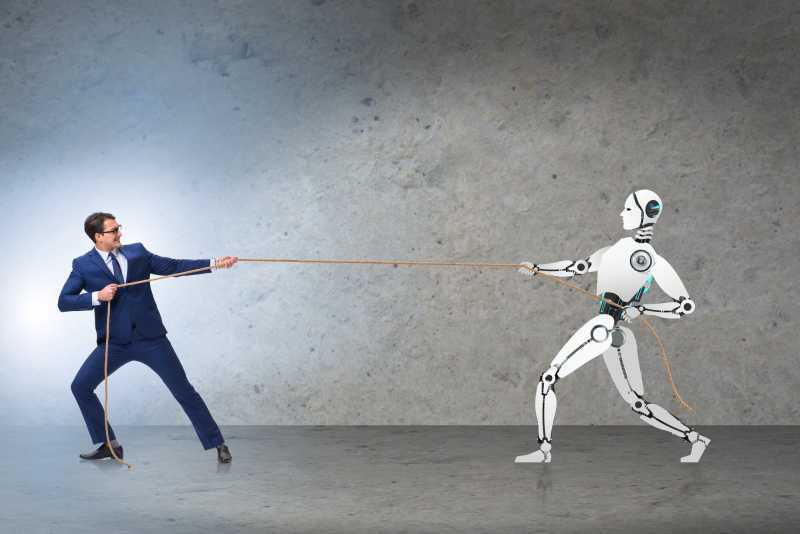Smart Devices - Are They Getting Smarter Than Humans?

Who’s smarter? You or the computer/mobile device on which you’re reading this article?
The answer is more complicated than you think. Computers are undoubtedly better at addressing problems that require specialized knowledge. But humans still have the upper hand regarding activities that are impossible for machines to complete, at least not yet. The capabilities of cell phones, from games to social media, have captivated us to the point where we can often lose sight of why they were invented: to make calls from any location to another.
Electronic devices make life easier. Certain types of information can be ingested and processed by computers far more quickly than by people. These devices can manipulate the information in their CPUs, which are their brains, and compute calculations fast enough to create a variety of scenarios.
The best chess-trained computers, for instance, are already capable of pre-planning several steps and problem-solving with far greater skill than their human counterparts. Additionally, computers pick the best alternatives among many complex options considerably faster. Yes, people make mistakes, but we are much more prone to them in solving the problems that computers are best at.
Many other benefits distinguish computers from people. They can store a lot of data since they have better memories and almost instant access. Since computers don't need to sleep as people do, they can conduct calculations and analyses and perform other jobs simultaneously tenaciously. Despite glitches or vulnerability to power outages, computers are more accurate than humans at performing a growing number of high-value tasks. They are not impacted or influenced by the same things that frequently impair the judgment and intelligence of us mere mortals, such as sentiments, wants, and needs.
Will computers eventually be smarter than us?
Scientists have been fascinated by the concept of autonomously thinking and learning machines since the mid-twentieth century. Since then, the pace of AI development has significantly increased. Text, image, and speech recognition are just a few of the daily activities AI has already ingrained itself into.
Many of us use translation software regularly. We use smartphones with facial recognition capabilities or interact with chatbots or intelligent voice assistants like Siri and Alexa. Along with Google's algorithm for deciding which search results display at the top of the screen, personalized internet advertising also relies on AI. The first partially autonomous cars are already driving on public roads. In recent decades, AI has grown increasingly potent due to the continual growth of available data, improved algorithms, and increasingly efficient and smart computers.
To compete with the human brain, even sophisticated systems like voice assistants, self-driving cars, and robots still have a ways to go. The ability to accomplish tasks in different contexts is a standard definition of intelligence. However, the AI applications of today are predominantly task-specific. They use guidelines created especially for that purpose to overcome challenges. Therefore, even while a chess program could continuously improve its game strategy, it couldn't operate a vehicle.
On the other hand, there are still numerous areas where people are better than computers. In addition to our intellect, we rely on our intuition, common sense, and, perhaps most importantly, our life experiences while performing tasks, making decisions, and solving problems. Computers may have massive datasets but cannot have the same life experiences as humans, which includes human qualities such as creativity, imagination, emotion, and inspiration. A person can produce diverse artistic works, including poetry, music, songs, paintings, and inventions. Although computers can perform some of these tasks (let's not start about mid-journey or it's alike here), they lack the human aptitude to create art the same way humans would.
Could our devices surpass us?
A few top-notch scientists like the late Stephen Hawking and many people today believe that once AI reaches our level of intelligence, it won't be long until it surpasses us. After all, they would have tremendous advantages in terms of memory, the capacity for multitasking, and datasets, in theory, containing all the data the Internet has to offer. Computers will provide considerably more detailed decision-making algorithms and statistics than the human brain due to the benefits mentioned above.
Speculations and conspiracy theories of an upcoming invasion aside, humans have limited their ability to function without their smart devices. We must remember that computers and other machines are designed to improve our lives. Instead of worrying about who is more intelligent or having unfounded fears of technology, it's crucial to remember that it's not a case of man versus machine. It is not a competition. It is a collaboration.
